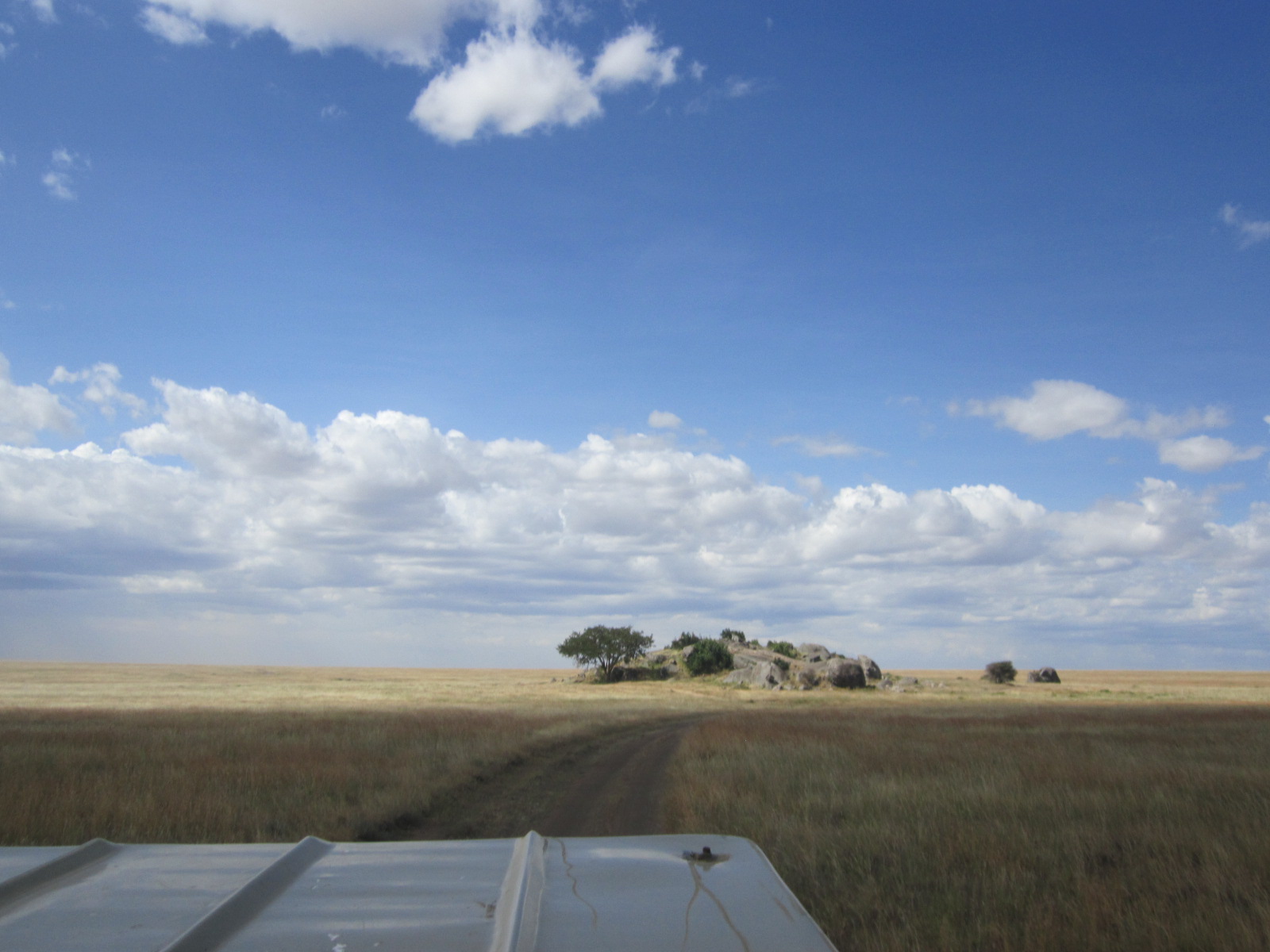In a world of competing priorities, choices like wandering the globe or having a high-flying career seem pit against one-another. Can we proverbially "have it all" or does growing up mean giving up on youthful dreams of wanderlust and acquiescing to an annual trip to a forgettable beach?
I believe that fostering a career and seeing the world is possible with balance, desire and some smart planning for the parameters of constraint--generally time off and disposable income. Last month, I wrote about how to maximize time; for part II, I'll address how to make money work harder for you:
Practice destination agnosticism: Being destination agnostic pays dividends; being destination and time agnostic pays back double. Flexibility on where to go (there's a lot of the world to see!) will allow for capitalizing on the lowest air fares during time periods dictated by the airlines. On the flip side, having dates and places set in stone allows for very limited possibilities of finding the best deal. What does this look like done right? Try $500 round-trip to Turkey, $880 to Tanzania, $540 to Belize, or $950 to Johannesburg.
Despite airline consolidations and generally rising prices, there are still good deals to be sought via the travel search engines. My personal favorite is Kayak's Explore functionality, which allows users to pull up a map and set parameters for the highest price that they'd be willing to pay for a ticket to any place in the world at any given time.
Ask for advice, but do your own diligence: I write a bit about shoestring travel, although I believe piece of wisdom applies to all types of travel. In three words, if you don't want to overpay: DO.YOUR.DILIGENCE.
Walk into conversations with tour operators, concierge services, even hostel desks, with an understanding of how much things should cost. With tools like TripAdvisor, travel forums (i.e. Thorn Tree Travel), social media, and this amazing resource called "the Google," preliminary research is easy enough. Don't expect others to have your best (financial) interest in mind.
Then leave the conversation to do additional diligence on the ground, which may include talking to other tour operators in town and other travelers. Then make a decision based on cost and level of quality.
Not subscribing to this once had me swindled for $500 in the Sahara. But, doing this right meant paying $600 for safari in Tanzania instead of the $1,500+ advertised "best" price online (details here), and the $5,000 others advised it might cost. Do your own due diligence.

Don't be afraid to do it yourself: For inexperienced travelers, researching the intricacies of bus routes, hostels, or even trip itineraries may seem intimidating, but online tools and third-party reviews have not only made research easy, but transparent and socially accountable. I often start with a guide book to map a general route within a particular country or region; follow up with online research and reviews; and book only my first night or two to leave room for local recommendations and itinerary changes.
To me, the "great deals" to South Africa that include airfare, some all-inclusive tour and group transportation are not only not the best deals (I can generally do the itinerary at least 25% less), but also cheapen the travel experience. Don't forget that although tour operators can leverage volume to lower some costs, they are businesses with overhead that need to run a profit. Their value-added service may be worth something but at a detriment to your budget and flexibility. Plus, there's nothing cooler than getting off a tour bus with thirty other schmucks with cameras strapped around their necks.
Get some loyalty: Airline loyalty that is. Sticking to a single alliance (Star Alliance, One World, Sky Team), will help create value out of the airline tickets that you're already buying. Most will grant roundtrip domestic tickets for about 20,000-25,000 award miles, and international tickets starting at 35,000 (to Central America from the U.S.) Acquiring status will speed up the accrual rate: 1Ks with United, for example, earn double award miles for each mile flown. Credit cards are also a great way to rack up free tickets, although I recommend using a card with points over one that accrues reward miles? Why? When you buy a ticket with credit card points, you still receive reward and elite-qualifying miles that can be applied to airline status and more rewards. Accruing miles just means you'll spend miles and cuts the fun of double-dipping. I personally use the Citi Premier Pass Elite, which gives you a point for every mile you fly. The point is, if you're going to spend the money, you should get something back for it.
Calculate ROI on mileage tickets: Consider when it's really worth it to spend the miles. If a flight to California cost $400 or 25,000 miles, I may choose to spend the cash because the trip gives me 5,500 award miles back (I'm a Premier Gold). You can save the award miles for a time that is really worth your money, like last year, when I flew to Patagonia over Christmas/New Year's using just 40,000 miles instead of spending $2,500.
Seeing the world is possible even early in a career, when money can be even more squeezed than time. By being smart with a dollar and creating the most out of allotted time off, regular travel can morph from a dream into a reality.